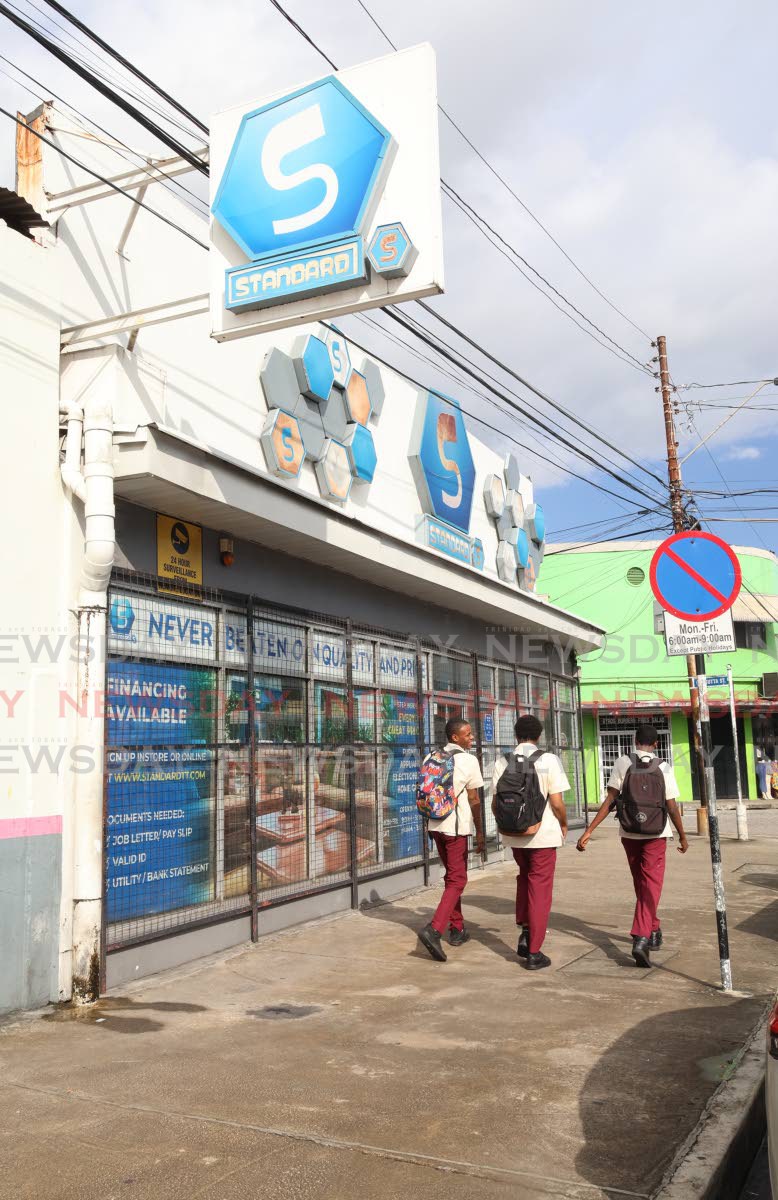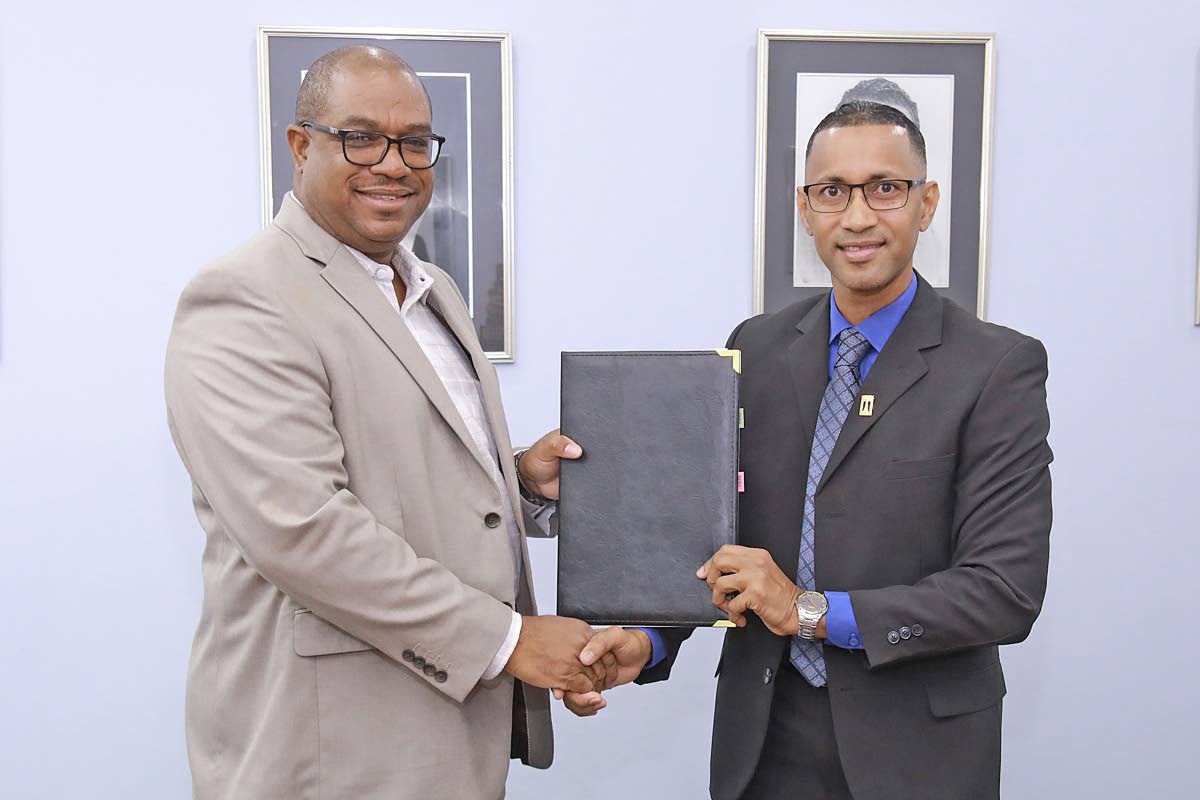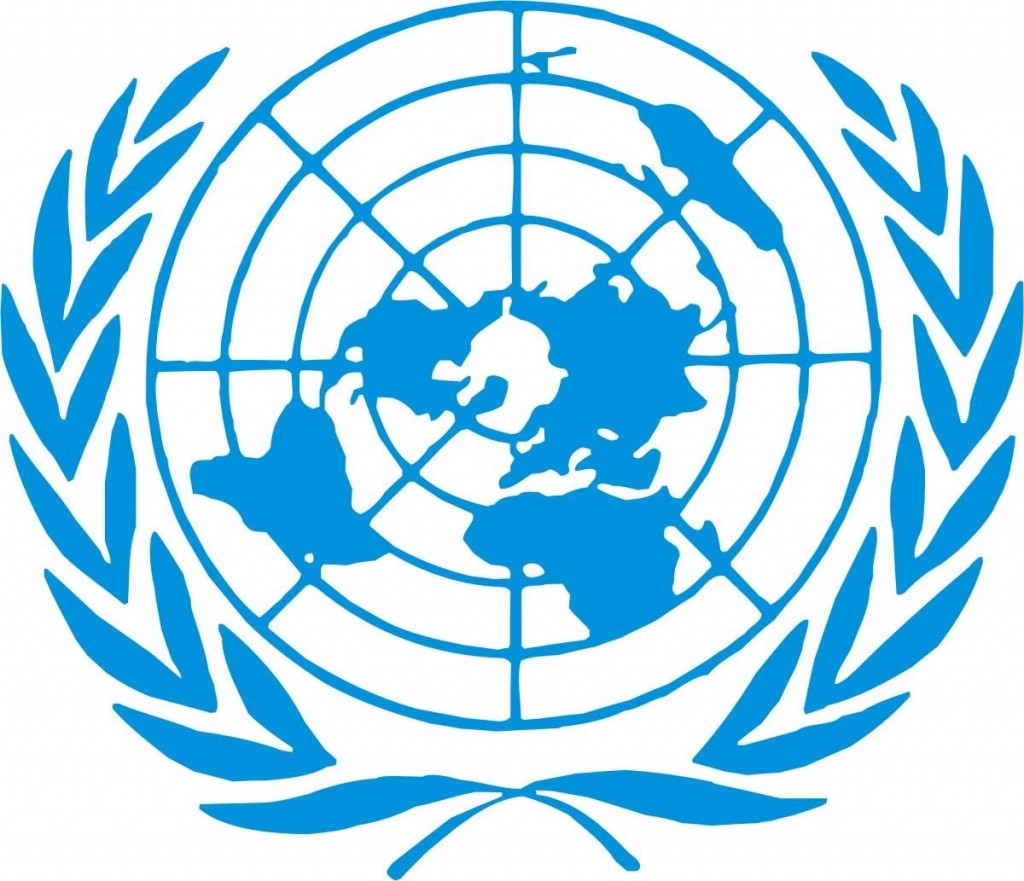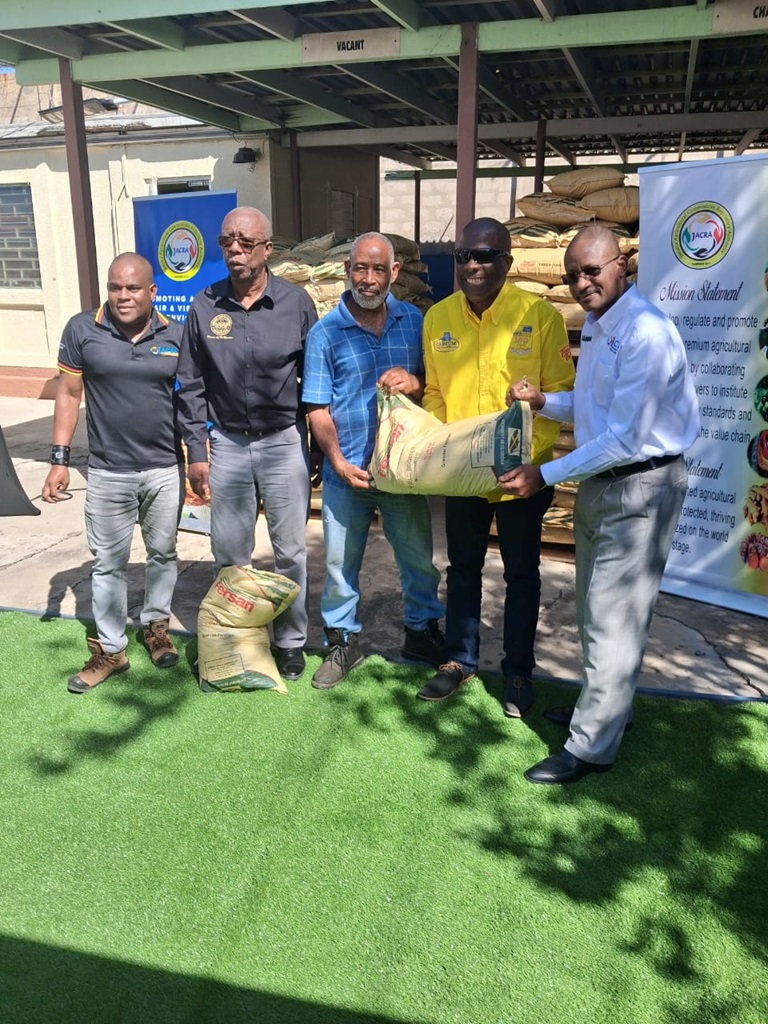ANSA McAL has completed the divestiture of its longstanding retail subsidiary Standards Distributors TT to Term Finance, marking a significant strategic realignment for the Caribbean conglomerate. The transaction, which was initially announced in November 2025, also encompasses the Barbados operations under Standard Distribution and Sales Barbados.
The decision to sell emerged against a backdrop of declining appliance sales and evolving consumer spending patterns. ANSA McAL characterized the move as a deliberate strategic pivot to optimize its corporate portfolio and reallocate resources to core business segments.
In an official statement released on January 8, the conglomerate revealed that Term Finance will transform the acquired entity into Standard Credit—a consumer credit and e-commerce platform. This transformation will leverage Standards’ historical expertise in hire-purchase financing while introducing expanded digital credit solutions through both physical branches and online channels across Trinidad and Tobago.
Anthony N Sabga III, Group CEO of ANSA McAL, reflected on the transaction as closing “an extraordinary chapter in the Standard story,” acknowledging the brand’s historic contribution to Caribbean households and recognizing the teams that built the successful retail operation since its acquisition in 1967.
The transition ensures continuity for existing customers, with all current hire-purchase agreements remaining valid through established payment channels. Product warranties and service commitments will continue unchanged, with ongoing customer support provided through official digital platforms and communication channels.









